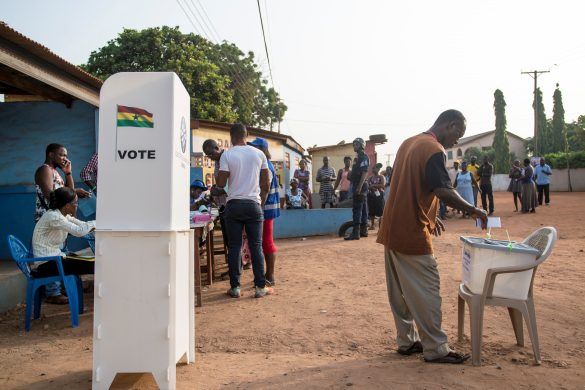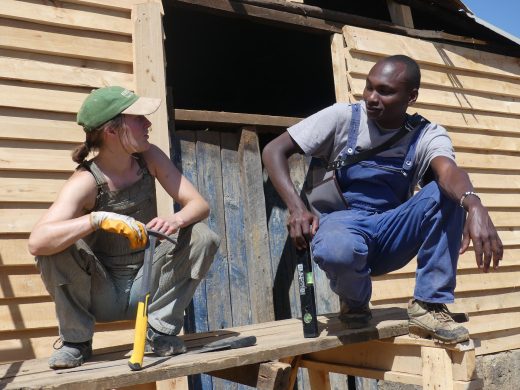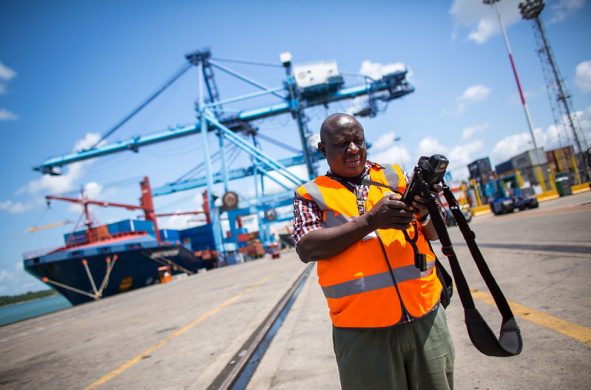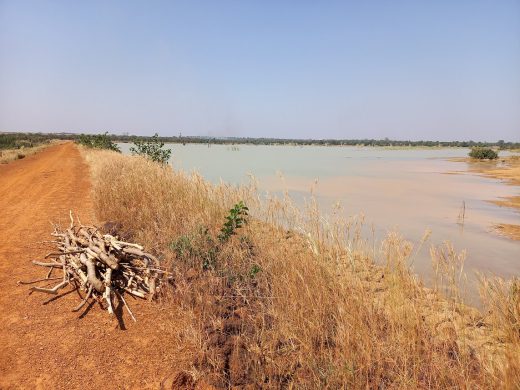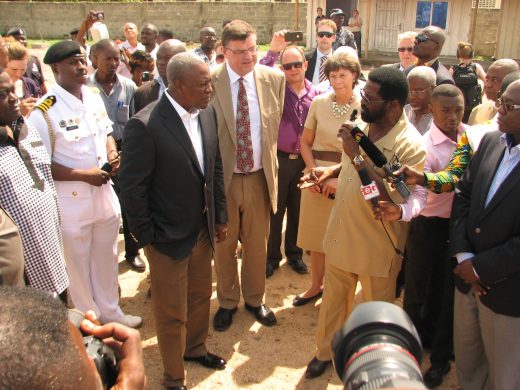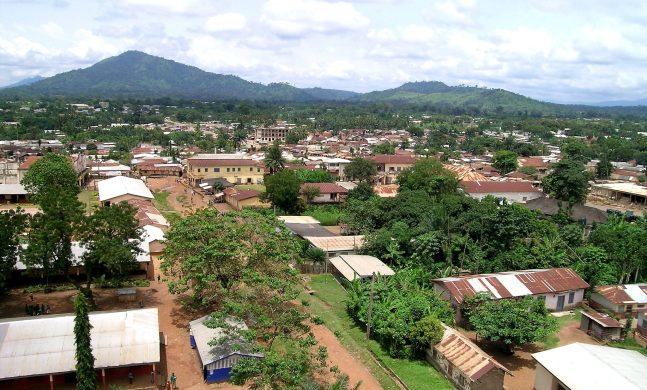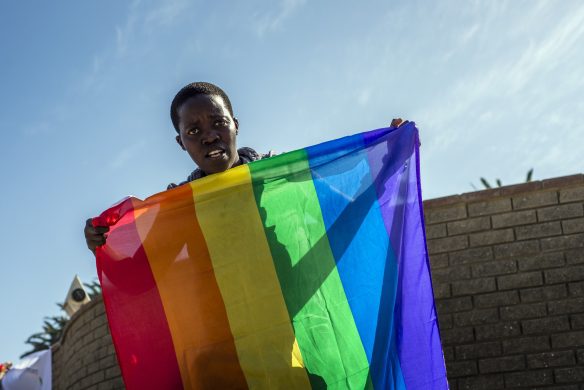GHANA: Local fishermen are paying the price of overfishing
PRAMPRAM, 14 February (IRIN): While their men were out fishing, the women of the village of Prampram used to carefully clean, smoke, preserve and then sell the fish. But now the men are coming home with less and less fish, and women say they can no longer make ends meet.
– The fishing industry along the whole coast is collapsing, said Christina Sackey, secretary of the fishmongers (fiskehandler) association in Prampram, a fishing community about 45 minutes east of Ghanas capital, Accra.
Sackey said the shortfall has been especially acute in the last five years. She is finding it hard to pay for he childrens schooling.
Fish is still one of Ghanas most important sources of protein, and a traditional mainstay of peoples diets. But, despite 550 kilometres of coastline and an abundance of lakes and streams, more than 30 percent of the fish that Ghanaians eat is imported from other countries, according to government statistics.
– I have been a fisherman my whole life, said Joshua Quaye, 29, as he looks at the brightly painted wooden canoes on the beach in Prampram, adding: – How will I live? How will I raise my children? No one seems concerned about us.
The ministry of fisheries estimates there are about 500.000 fishermen and fishmongers in Ghana, the vast majority of whom are struggling, like Sackey and Quaye, to make ends meet.
The number of workers in the fish industry jumps to 2 million, or about 10 percent of Ghanas population when peripheral jobs are included, such as canoe building.
Sustainability
Depletion (udtømning) of Ghanas fish stocks is not a new problem. In 1998, European researchers said that nearly 75 percent of Ghanas wild animals killed and sold since 1970 were related to the problem of dwindling fish stocks.
David Eli, chairman of FoodSPAN, a network of 50 NGOs in Ghana working on food security, blames the dwindling stocks on industrial fishing which uses nets dragged along the sea bottom, a practice known as “bottom trawling”.
– Policies need to change in favour of artisanal fishermen because they cannot compete with large trawlers, Eli said.
Ghanas ministry of fisheries has tightened regulations on the number of licences it issues the types of nets that trawlers can use.
But according to Ghanas national statistics, artisanal fishing accounts for about 75 percent of the countrys whole national production caught for consumption, dwarfing the output of the industrial fleets.
Farming fish
The Ministry of Fisheries is working to increase the number of fish farming so that eventually they will account for 20 percent of local fish production.
It is providing technical advice and workshops to entrepreneurs. Currently 1.040 fish farmers have registered 2.800 ponds (damme) in the country.
– More and more people are expressing interest in the business, said Lionel Awity, head of aquaculture for the Ministry of Fisheries.
– There is a huge local market that is not being satisfied. It is a lucrative business, said David Sackey, 36, a fish farmer whose farm produced 1,6 tonnes of fish last year.
But fish farming requires access to land and capital which are in short supply and even if the industry grows it is not going to help coastal fishing communities any time soon.
Kilde: FN-bureauet IRINnews






